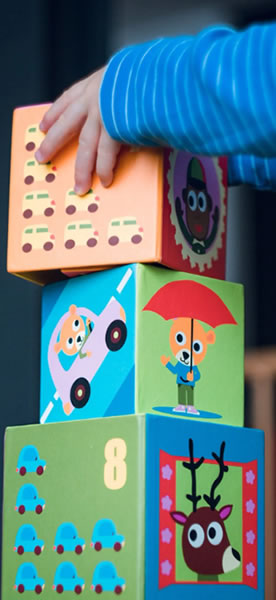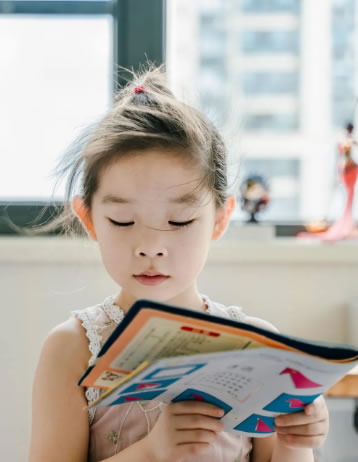SCHOOL BASED REHABILITATION SERVICES

SCHOOL BASED REHABILITATION SERVICES
School Based Rehabilitation Services (SBRS) exist to enable children with rehabilitation needs to attend and participate in school routines. Therapy is provided in the school setting by service providers including:
- Occupational therapy
- Speech language pathology
- Physiotherapy
PROVINCIAL UPDATES
As of January 2020, the provincial government transferred oversight of SBRS in publicly funded schools from Local Health Integration Networks (LHINs) to Children’s Treatment Centres (CTCs) across Ontario.
PROGRAMS & SERVICES
OT SERVICES
Occupational Therapists support children with difficulties that are impacting their ability to participate in daily school routines such as printing, scissor skills, mobility/accessibility, sensory processing, self-care and socialization.
SLP SERVICES
Speech Language Pathologists support children with speech difficulties related to articulation (how the sounds are said), motor speech, fluency (e.g., stuttering), and/or voice difficulties. SBRS-SLP program does NOT address language issues related to understanding language or expressing grammatical language. Your school board SLP continues to follow language concerns.
PT SERVICES
Physiotherapists assess the child’s gross motor development by observing skills such as walking, gait, running, jumping, etc. SBRS-PT services focus on the impact of gross motor difficulties on participation in daily school activities.

HOW IS A CHILD REFERRED?
All new referrals to SBRS are made by the child’s school and require the parent/guardian’s consent and approval by the school principal or designate. If you would like your child to receive support from the SBRS program, please talk to your child’s school.
HOW SCHOOL BASED REHABILITATION SERVICES ARE PROVIDED
Our SBRS services are provided using a tiered model of intervention. The therapist assessing your child and/or the needs of the classroom will determine how best to proceed in consultation with you, the child, and the classroom teacher. Based on their assessment the therapy and support will be offered in one of three ways:
TIER 1: Universal Design
These are services that benefit all children/students. These services are designed to provide tips and tools to educators, and families to build their knowledge and abilities. Sometimes, this is all that’s needed to help children/students with milder issues.
TIER 2: Targeted Service
These are services for children/students who need to work on specific skills/strategies or have needs that are best addressed in a small group setting. Groups are most often led by trained Occupational Therapy/Physiotherapy Assistants or Communication Disorders Assistants. These assistants follow a plan developed by the Occupational Therapist, or Physiotherapist, or Speech-Language Pathologist and regularly check in with the therapists to discuss how things are going.
TIER 3: Individual Service
These are services for children/students whose needs cannot all be met in a group setting. A period of focused, individualized support is needed. Individual intervention may be provided by an assistant.


